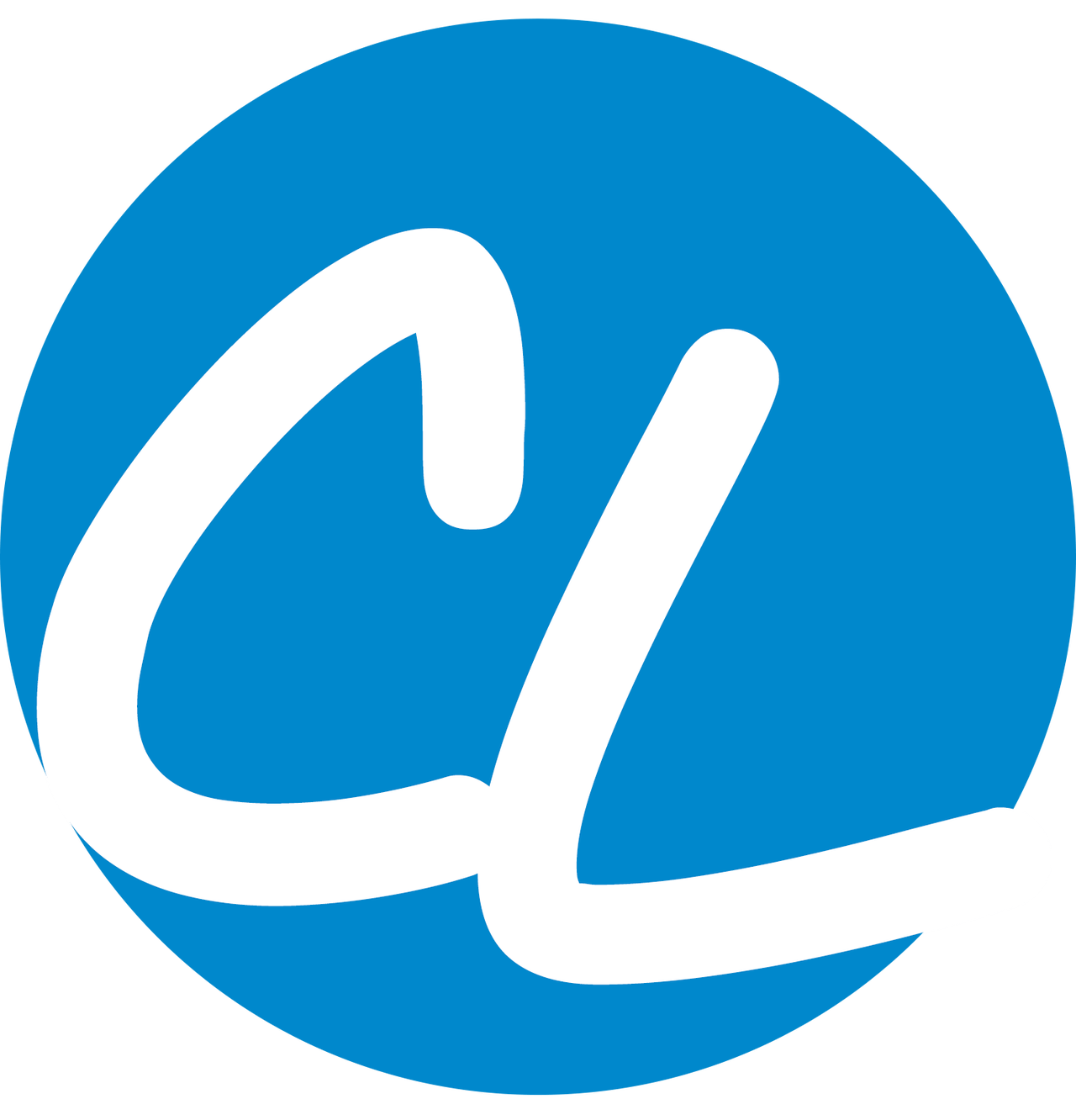“I have discovered in life that there are ways of getting almost anywhere you want to go, if you really want to go.” -Langston Hughes
![DSCN2507[1]](https://i0.wp.com/corrientelatina.com/wp-content/uploads/2015/03/DSCN25071-300x225.jpg?resize=300%2C225&ssl=1) Harlem is a historic place that is rich in culture and very involved in its community. As I stepped into the Apollo theater, I was amazed with it’s historic setting. As a child, I always dreamed of visiting the place that made many stars and the focal point of Harlem. My wish came true when I attended the Women in Hip Hop panel discussion. This discussion was presented by the Apollo Theater Education Program in collaboration with Women of Color in the Arts. When many think of hip hop, they think of the beginnings, culture or mainstream rappers that are making waves in music. Little be known, there is more to that than what is shown on TV or heard on radio.
Harlem is a historic place that is rich in culture and very involved in its community. As I stepped into the Apollo theater, I was amazed with it’s historic setting. As a child, I always dreamed of visiting the place that made many stars and the focal point of Harlem. My wish came true when I attended the Women in Hip Hop panel discussion. This discussion was presented by the Apollo Theater Education Program in collaboration with Women of Color in the Arts. When many think of hip hop, they think of the beginnings, culture or mainstream rappers that are making waves in music. Little be known, there is more to that than what is shown on TV or heard on radio.This genre is predominately men, but women are just as strong and hold the key to many of Today’s success. The five women that were on stage  have similar backgrounds, but each have different aspects and built their success off life lessons. Cali Green is the Managing Editor and Director of Social Media for Okayplayer. She played a pivotal role by being the host and discussing the many issues that women may face in this type of industry. Tiffany Vega (Hi-Arts/Hip Hop Theater Festival), Kathleen Adams (Momma’s Hip Hop Kitchen), DJ Reborn, Queen GodIs(International Poet) and Ana “Rokafella” Garcia  (Hip Hop Dance/Choreographer) were the panelists of the evening and shed light on their stories.
As the panel began, all five women were introduced not only by name, but montages of their careers. It was incredible to see that these women have done so much in the community. Â Each video recapped some of their biggest highlights. Cali wasted no time and asked each panelists about the start of their careers. Needless to say, each of them stated their careers started due to their older brothers and upbringing. Â Queen GodIs developed a love for hip hop because she desperately wanted to be her older brother’s friend. She often practiced her so called rhymes and showed it to her brother. Queen GodIs knew rapping wasn’t for her, but developed it more into a metaphoric poetic sound. Rokafella became involved in music by not only her older brother, but being on the streets. She often witnessed people battling out in the streets or in the club. Her love of music and dancing gained her auditions for some of the biggest names.
The arts that she learned led her to establishing her company and receiving a MFA to teach at the New School. Tiffany’s career began through her father as she saw his hard work and dedication through theater. It is in her blood and started her career as early as the age of 10. The South Bronx native knew that she couldn’t see herself do anything else and that there was no one like her. She has a B.A. from the University of Maryland and MFA from Columbia University. Often judged by her peers while studying at her Ivy League School, she continued to hold her own and made it a mission to represent Women of Color. She is one of the few women of color that is a general manager at a NYC Arts Theater. Kathleen and DJ Reborn are from Ohio and Chicago with heavy influence of hip hop and making a mission for all women to fight for their rights.
If we could take a picture from each panelists’ book, it shows that anything is possible. The knowledge that these women have are not only book smart, but everyday lessons. It was not an overnight success,which took blood, sweat and tears to build. As the discussion grew deeper, each were asked about the type of skills that they have. Managing personalities, time management,  and technical skills are the words that were used to describe.
Queen GodIs had the best examples of the tools to strive. Since Tiffany oversees the theater production, she has to deal with all types of personalities from the talent, crew etc. Queen GodIs used technical skills for her reference of learning. The form of art that she applies daily has helped develop another craft. She has self taught to be an engineer, producer and other roles in creating a production. Once the panel ended, the floor was open for questioning for no more than 15 minutes. Several men and women like the panelists on stage are on a quest for success.
Images from the Event:
 Corriente Latina
Corriente Latina 




